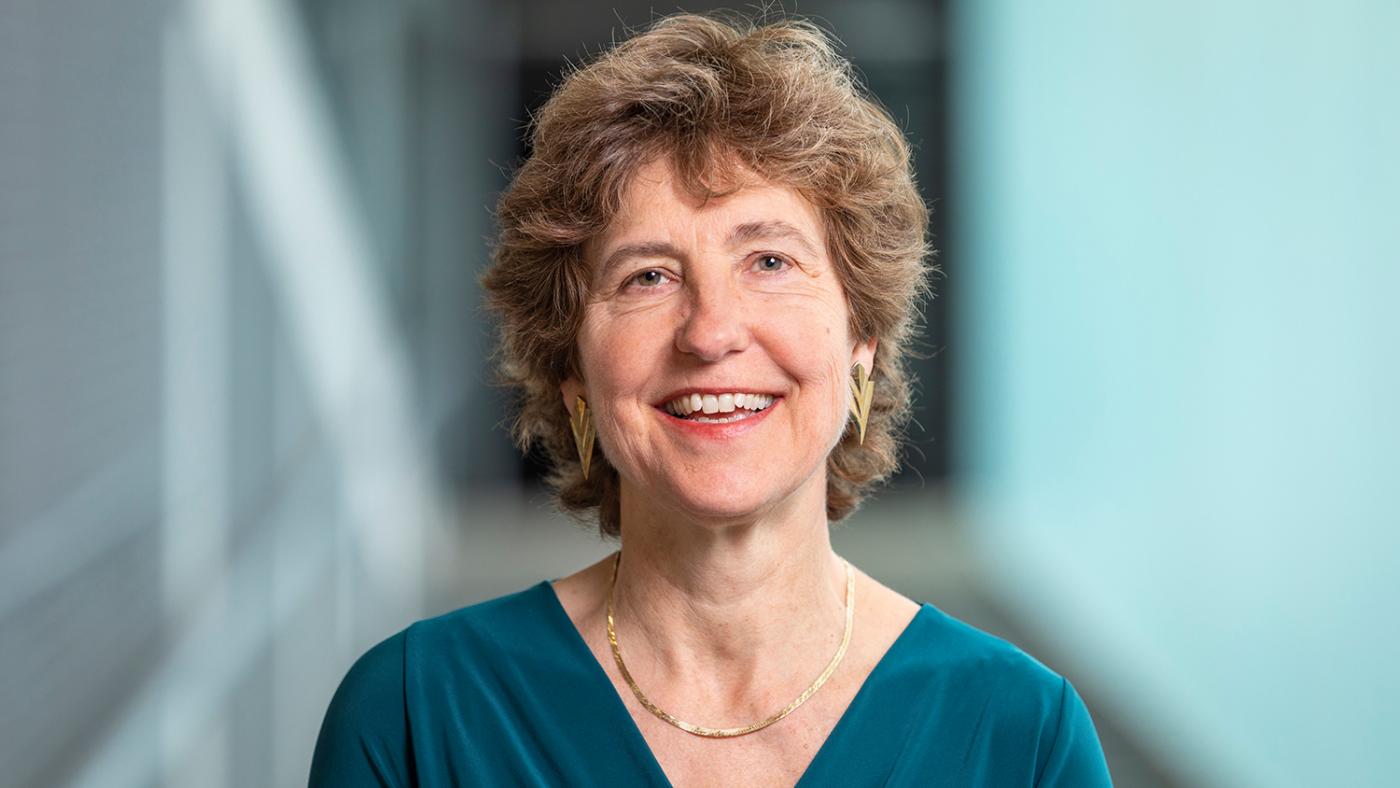Tanja van der Lippe wins prize thanks to her research on work-life balance

"Time is something you can only spend once", states Tanja van der Lippe. That's why she finds it extremely important to look into how people spend their time. Juggling work, family and hobbies can generate stress and influence one's performance and mental health.
According to the Stevin prize jury, Van der Lippe's work demonstrates that work and family life can clash, but they can also reinforce each other and lead to more fulfilment and productivity. Hence, she's considered to have brought about a renewed perspective in the field.
One of the things Van der Lippe shows in her research is how clear agreements between employer and employee can help people manage expectations. For example, by clearly stipulating when you are available and when you are not, you have the flexibility to go to the doctor during work hours and then compensate for your absence later on.
The jury says: "Van der Lippe's research exerts a big influence on workers' wellbeing and offers a clearer vision of the future of work. She advises organisations on how to retain talent and tap into unused potential. She also makes her research applicable by developing tools and platforms".
One of the pioneering tools Van der Lippe has developed with her team is called Work-STeP, which indicates which investments help companies deploy their staff more sustainably. She is also one of the founders of Future of Work, a network comprising 150 stakeholders from the business world, governments, and academia.
Sharing tasks
The Simon Stevin prize is intended for scientists whose research significantly influences society. "Impact is something that's become more and more important to me in recent years", states Van der Lippe.
"Last year, I wrote the book Waar blijft mijn tijd ("Where did my time go?", Ed.) so I could share my research with a broader audience. In the book, I argue that time pressure is not just something individuals impose on themselves. It can also come from the social environment". Those who have kids or take care of others, for example, are not in charge of how their time is spent.
In her research into work-life balance, Van der Lippe pays attention to gender issues in particular. She obtained her PhD in Utrecht in 1993, with a thesis titled Arbeidsverdeling tussen mannen en vrouwen ("Division of labour between men and women", Ed).
Even after all these years, the division of tasks remains an important topic in her research. The Covid-19 pandemic has only made it more topical. "Research had already shown that women tend to assume more care-related tasks when they start working from home, whereas men tend to do more tasks related to their job. It seems to me that this was an unintended consequence of the pandemic, of which we have to be aware if working from home is here to stay."
Regardless of gender, Covid has changed everyone's work-life balance. "That's just something I've identified. How people dealt with it depended on their situation. Whether they had kids or in what kind of home they lived. University students, for example, often only had a single room where they had to do everything: study, attend classes, unwind. They were also more isolated from fellow students, which can be tough".
"Those with a job were less in touch with their colleagues. Since then, people have been working from home less, but it remains to be seen whether we will go back to the same situation we had in 2020. The joys of working from home are numerous too".
Teamwork
To Van der Lippe, the Stevin prize is a recognition of her work. "But I must stress that this is teamwork. Both in Sociology and in the strategic theme Institutions for Open Societies, I work alongside a talented team in which everyone strengthens each other."
"In the Future of Work platform, for example, coordinator Thomas Martens is responsible for connecting scientists, governments, companies, and citizens. He collects questions and puts us in touch with each other, which is essential. Above all, I am still a scientist that likes to conduct research, guide people in their research, and teach".
Aside from Tanja van der Lippe, this year's Stevin prize is going to Bas Bloem, Professor of Neurobiological Movement Disorders at the University of Nijmegen, who is the world's leading expert in the field of Parkinson's disease. Click here for more information.